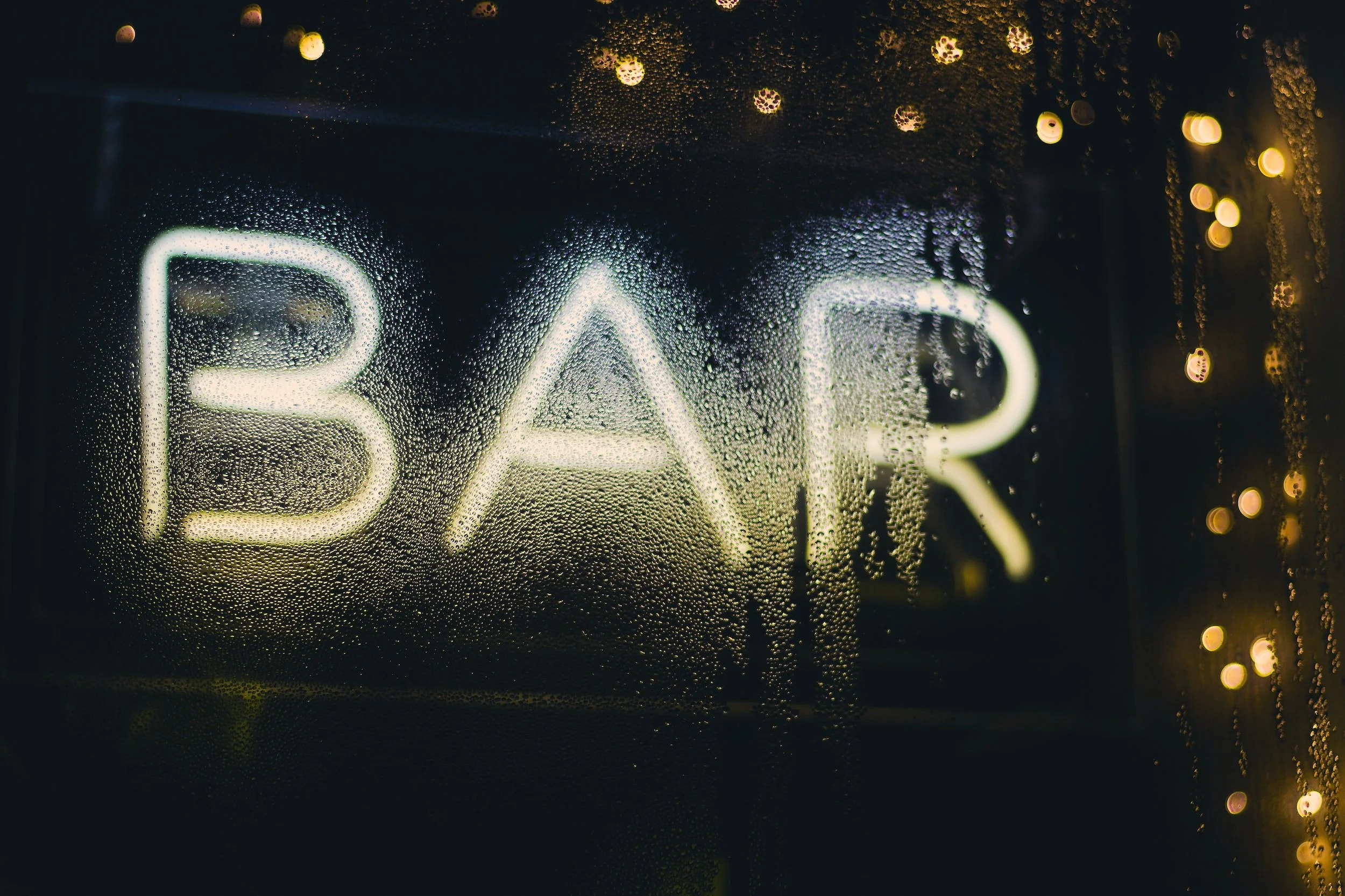Thought We Didn’t Have “Bars” In North Carolina? Now We Do: Governor Cooper Signs HB768 Into Law, Makes Changes to Permits for Bars and Distilleries
On July 7, 2022, Governor Cooper signed House Bill 768 into law. HB768 makes some significant, positive changes to alcoholic beverage laws in North Carolina, including changing the definition of “private bar,” by eliminating the “private” aspect, and creating a grace period when ownership of an establishment changes. A brief summary of significant changes is set forth below:
Change in Ownership: If a permitted establishment changes ownership (either through sale of the equity interests of the business, change in tenant, sale of assets, or via a management agreement), the new proprietor of the location is allowed to continue to operate the establishment as a successor to the permittee, as if the successor is the permittee. There is a grace period after the change in ownership of 60 days, during which the successor must apply for their own/new ABC permits. After 60 days, the predecessor’s permits must be surrendered to the ABC. A few caveats to this process: (1) the successor must give written or electronic notice to the ABC of the name of the non-permitted person, the name and address of the permitted establishment, and the date of the change in ownership before the successor commences operating the establishment and (2) this grace period is only available for establishments which are in good standing and have not been found responsible for a violation within 12 months prior to the change in control. Additionally, this grace period is only available for a given location once within a 24-month period. However, this 24-month limitation can be waived by the ABC.
Effect: This is a significant codification of a practice that has been used in North Carolina by attorneys for decades to minimize any downtime for an establishment upon a transfer in ownership (via equity sale resulting in a controlling interest change in a company, or via an asset sale).
Private Bar: HB768 changes the definition of “private bar” to “bar” and eliminates the membership requirement for non-food serving establishments primarily in the business of serving alcohol. Of note, a “bar” does not include a brewery, winery, or distillery.
Effect: Prior to this new law, unless an establishment received a certain level of revenue for food sales allowing it to be considered a restaurant, the establishment had to apply to be a “private bar” in order to sell spirits, which required that it issue memberships and maintain a roll for all members. This requirement no longer exists and thus relieves a significant logistical headache for North Carolina alcohol establishments that do not serve food.
Distilleries & Mixed Beverages: HB768 specifically authorizes a permitted distillery to obtain a mixed beverages permit that allows it to sell mixed beverages containing its own spirituous liquor for consumption on the premises, regardless of the results of a local mixed beverage election.
Effect: Distilleries which are located in areas that have not allowed local mixed beverages via a local election are able to obtain a mixed beverages permit for a retail premises at their location and sell their own spirits for consumption on the premises. Of note, this does not permit them to purchase other suppliers’ spirits from the ABC and sell others’ spirits in mixed beverages.
For More: Derek J. Allen, Scott K. Burger
Updated: July 8, 2022
